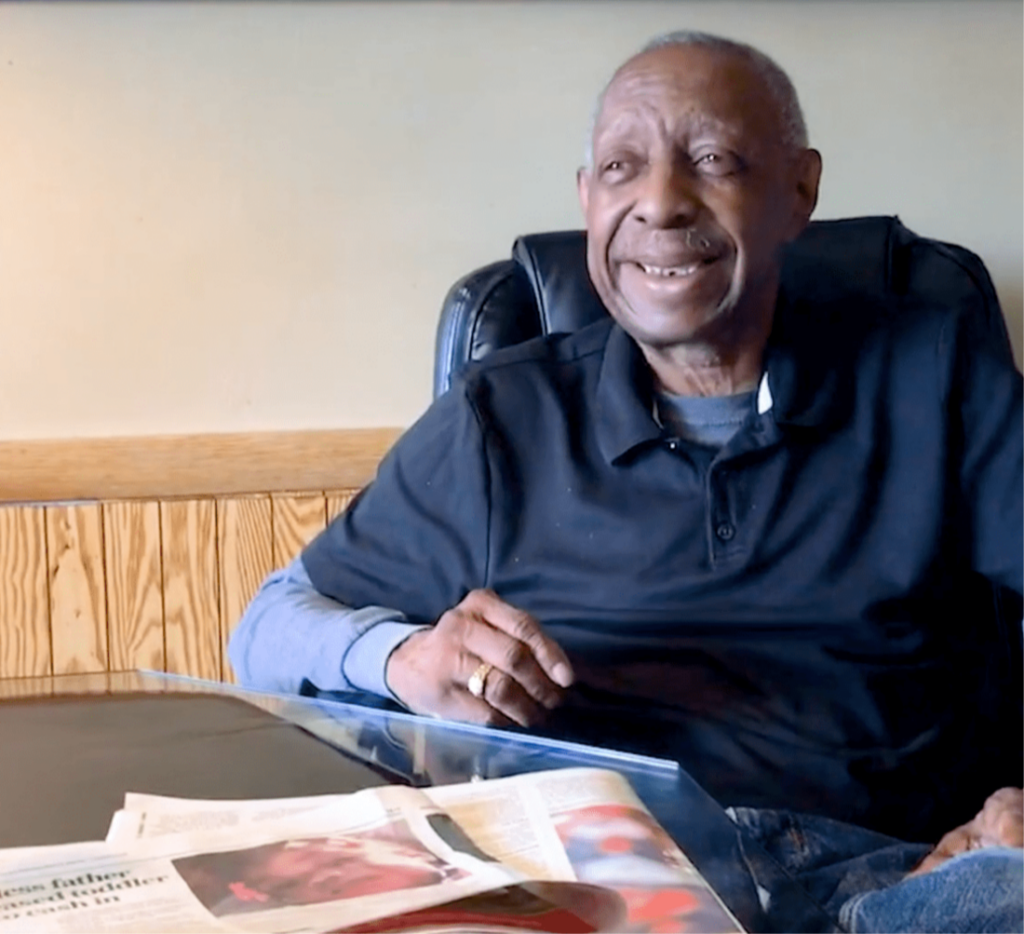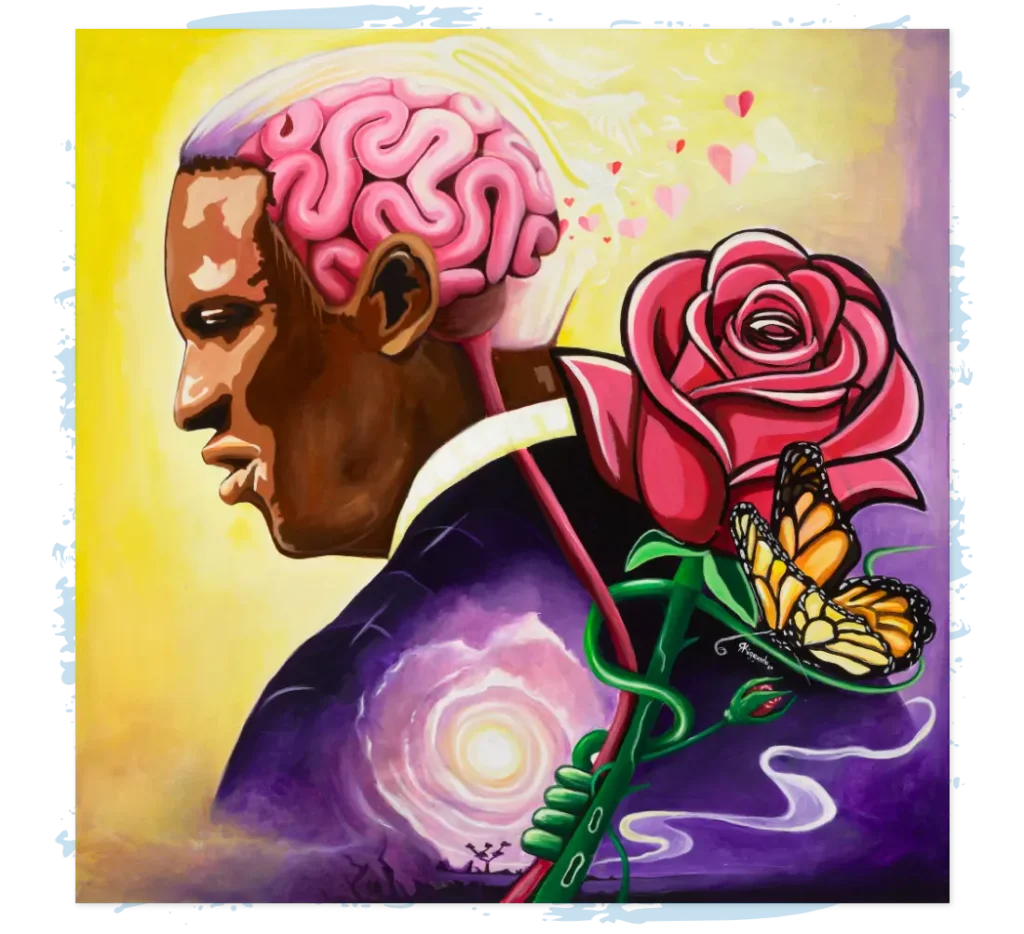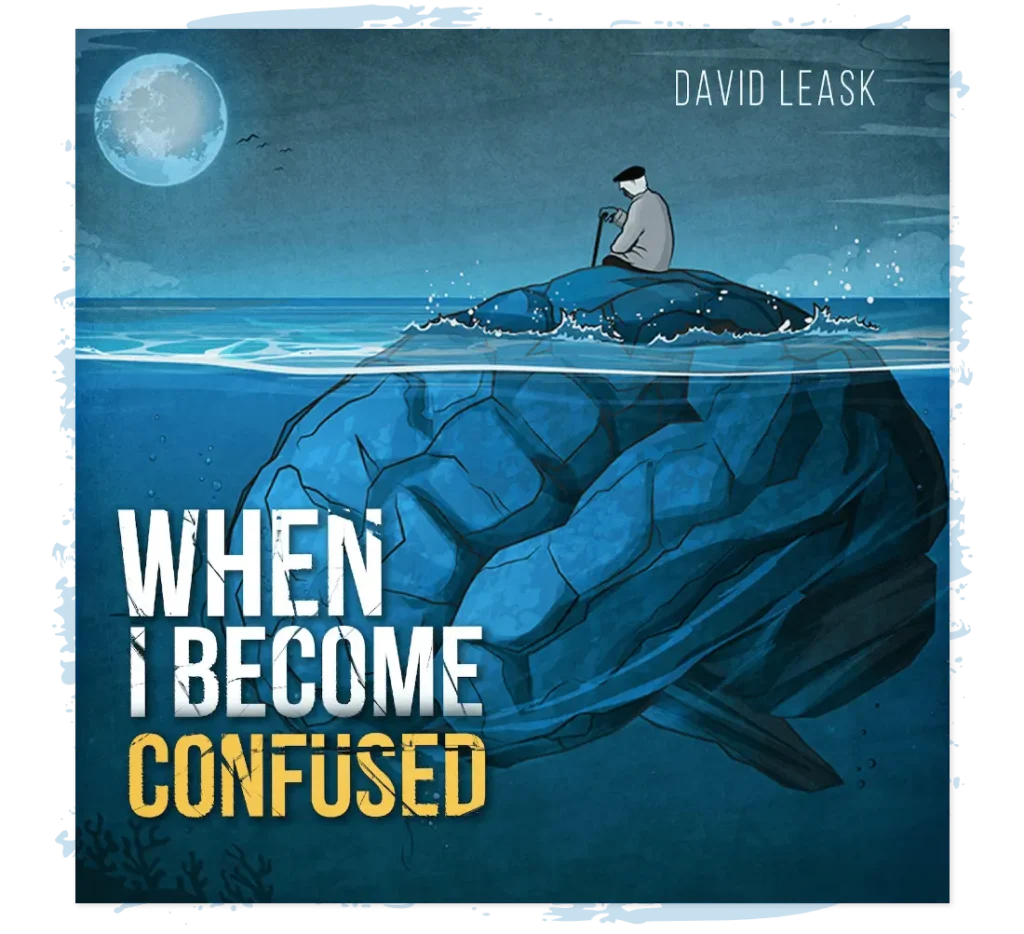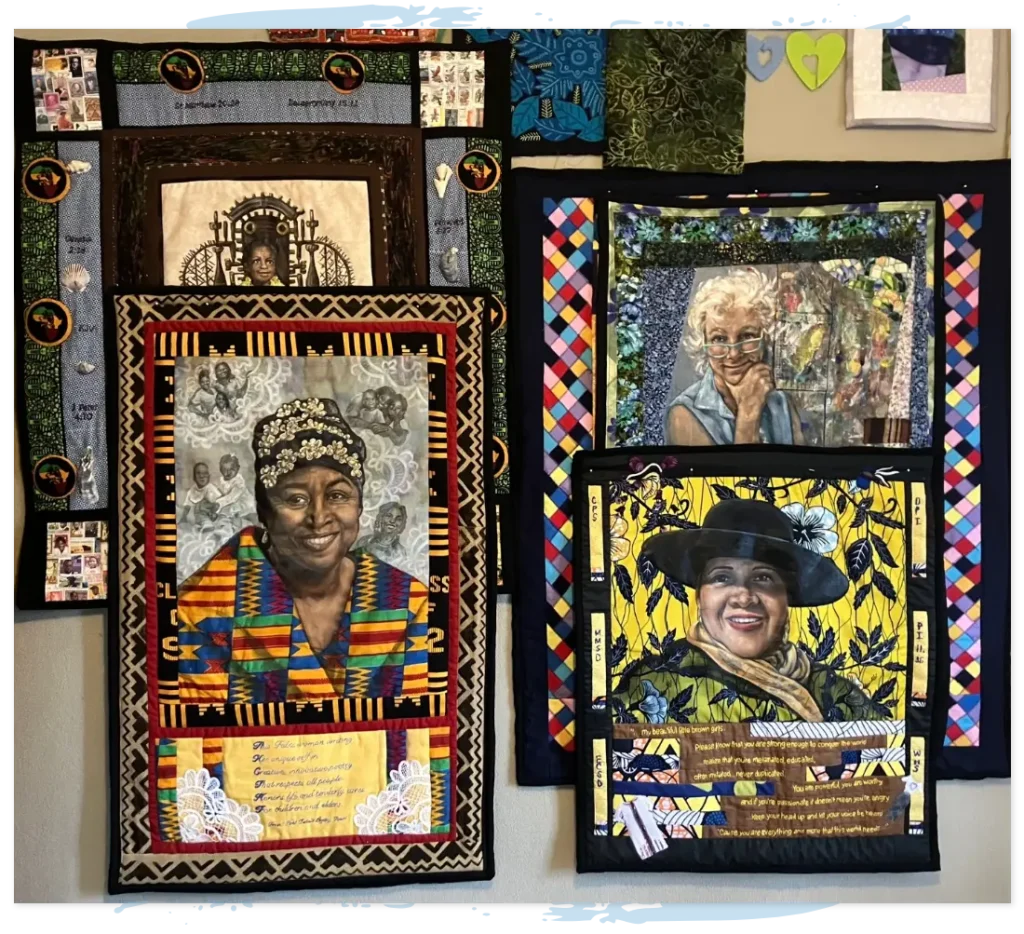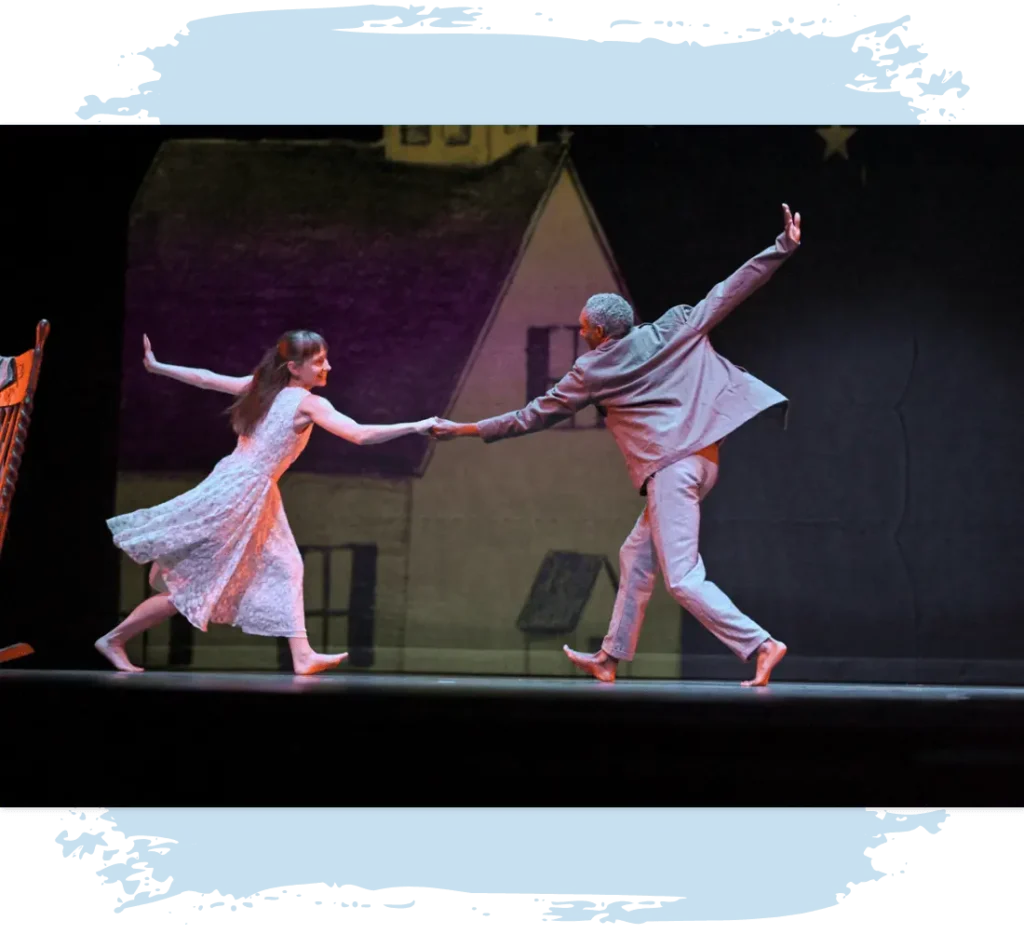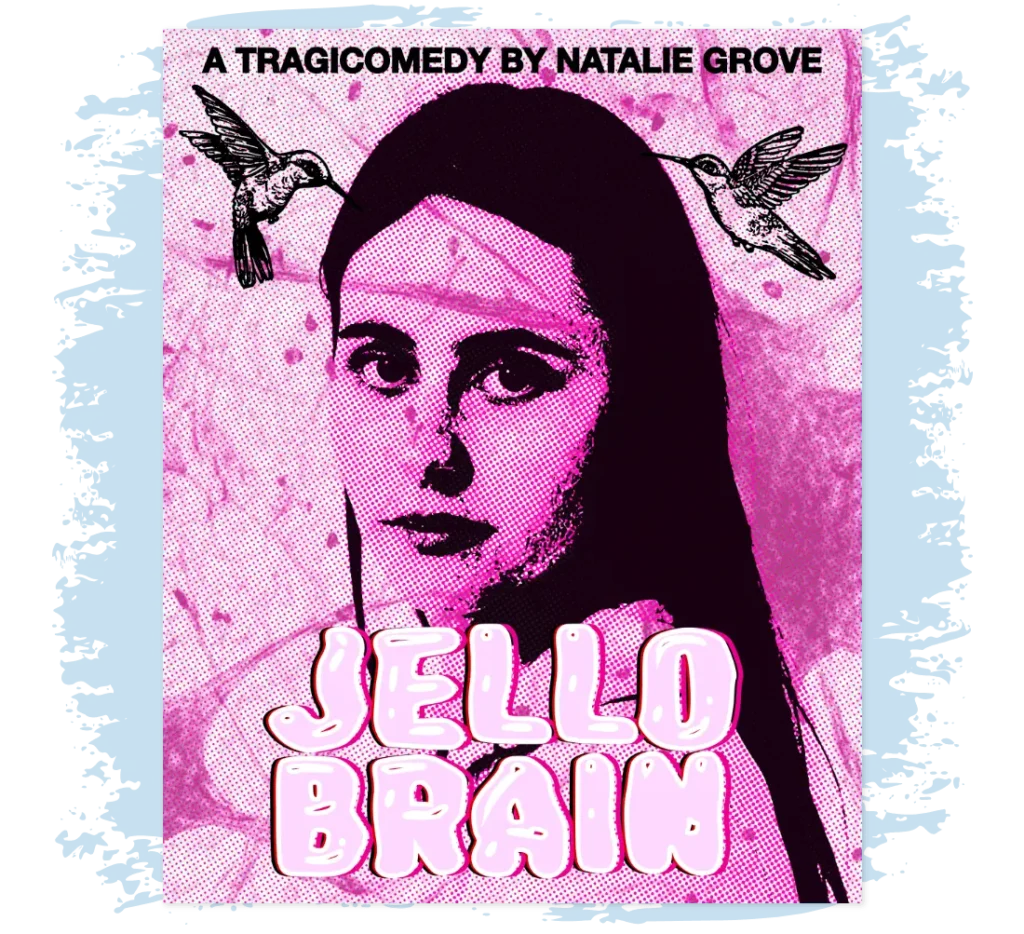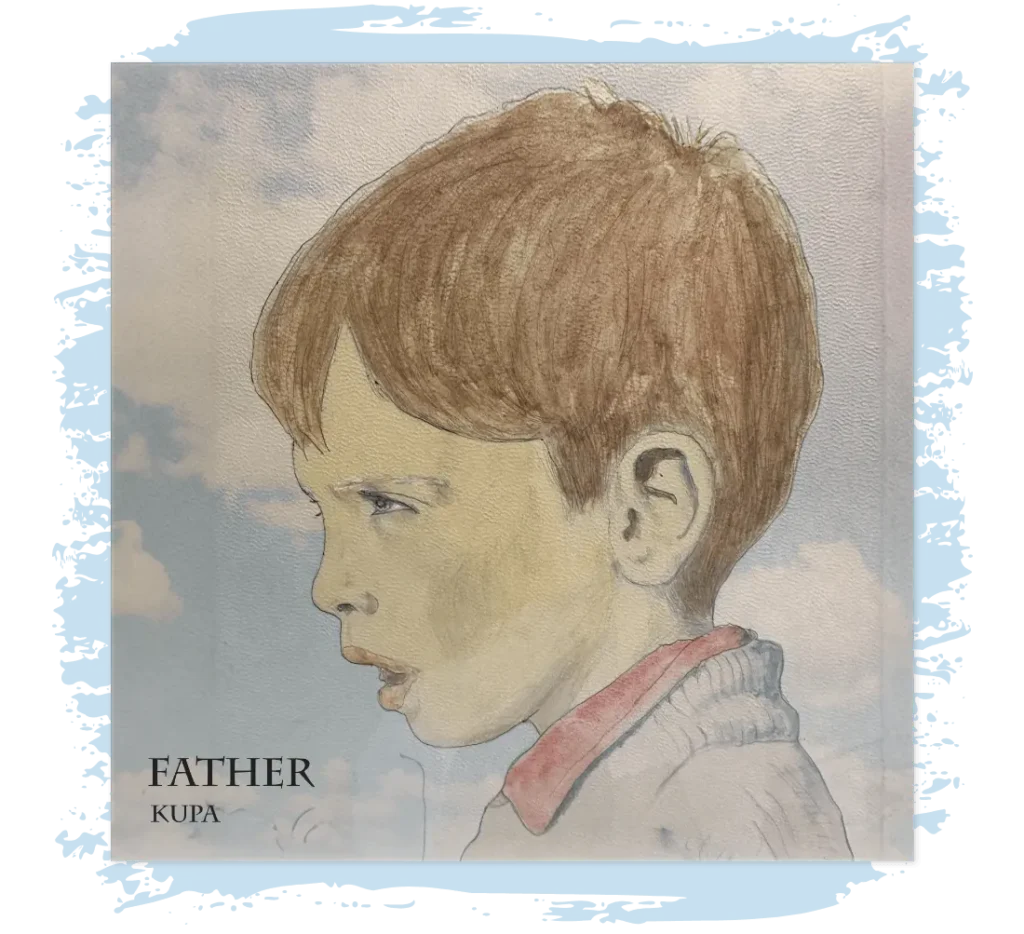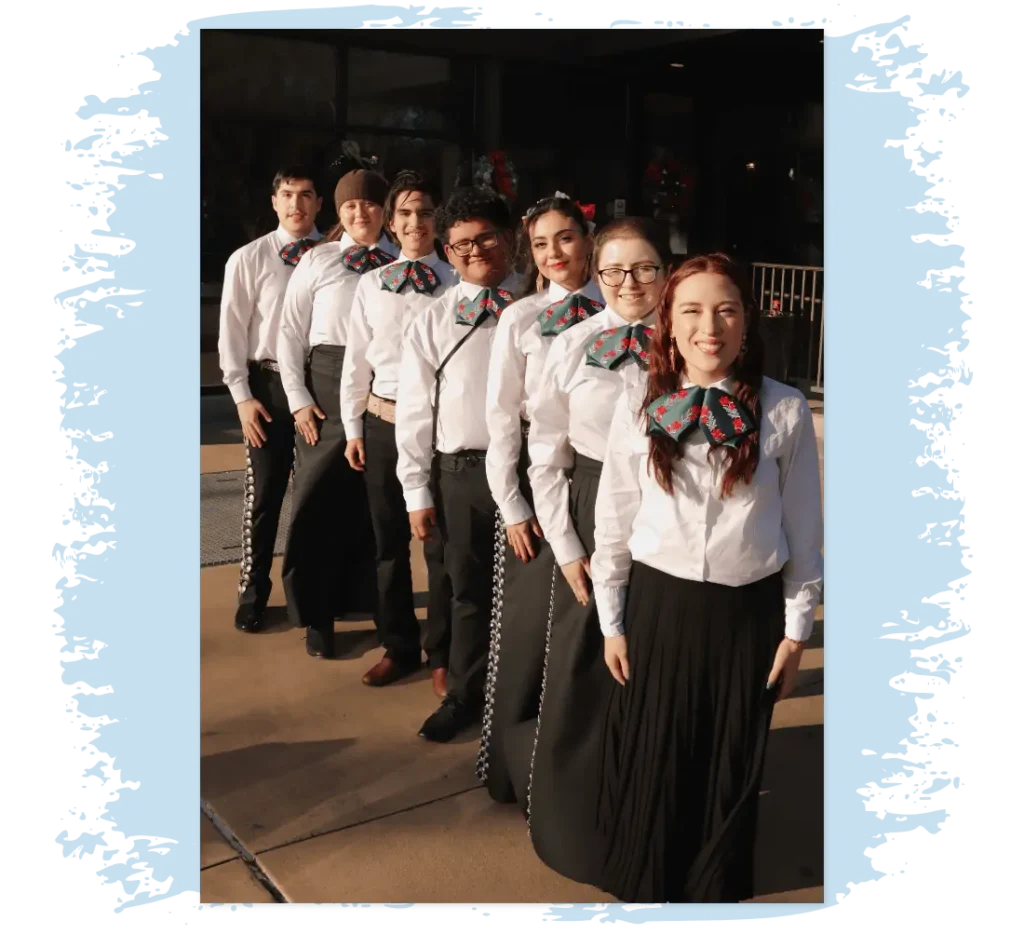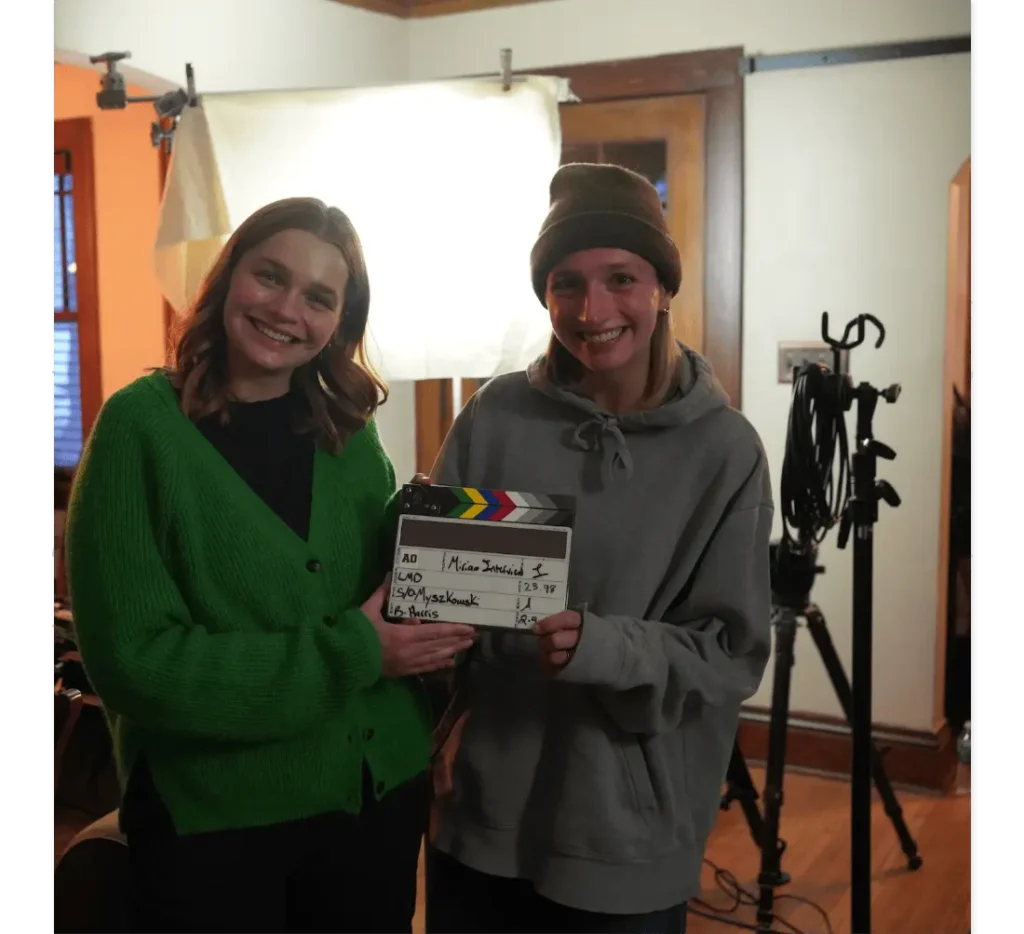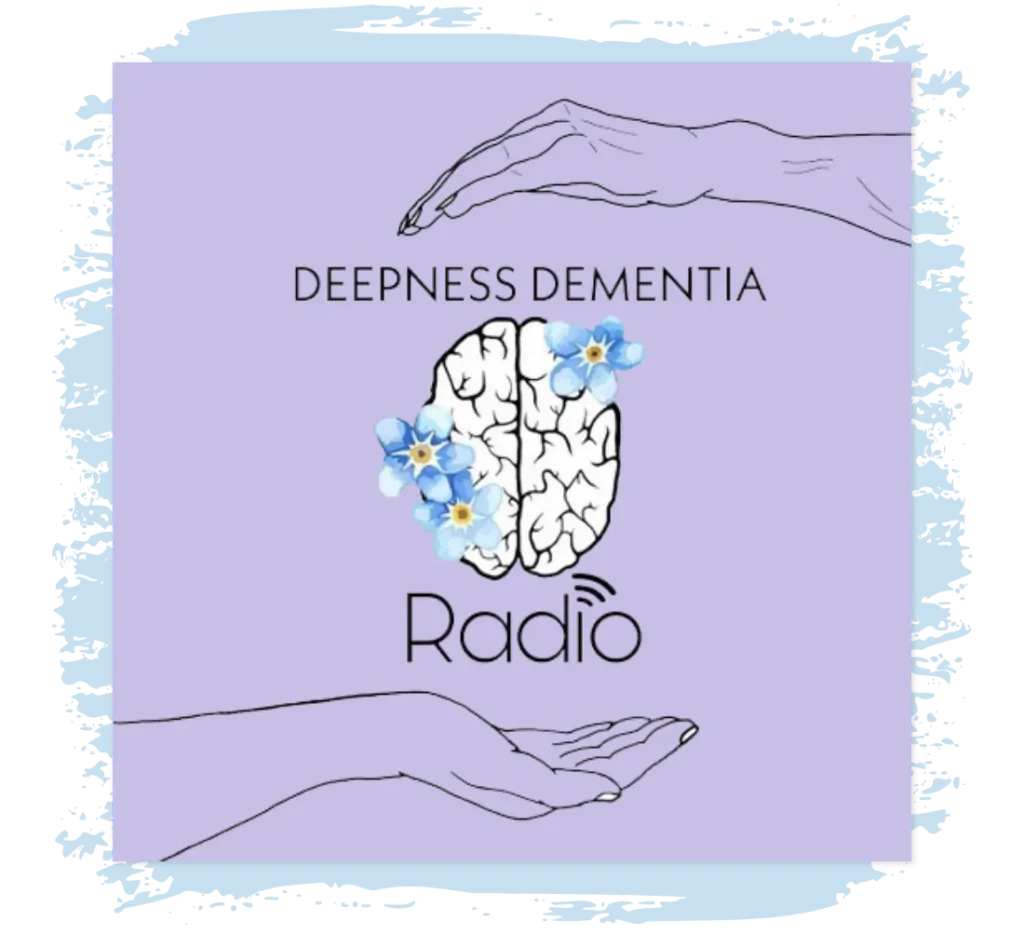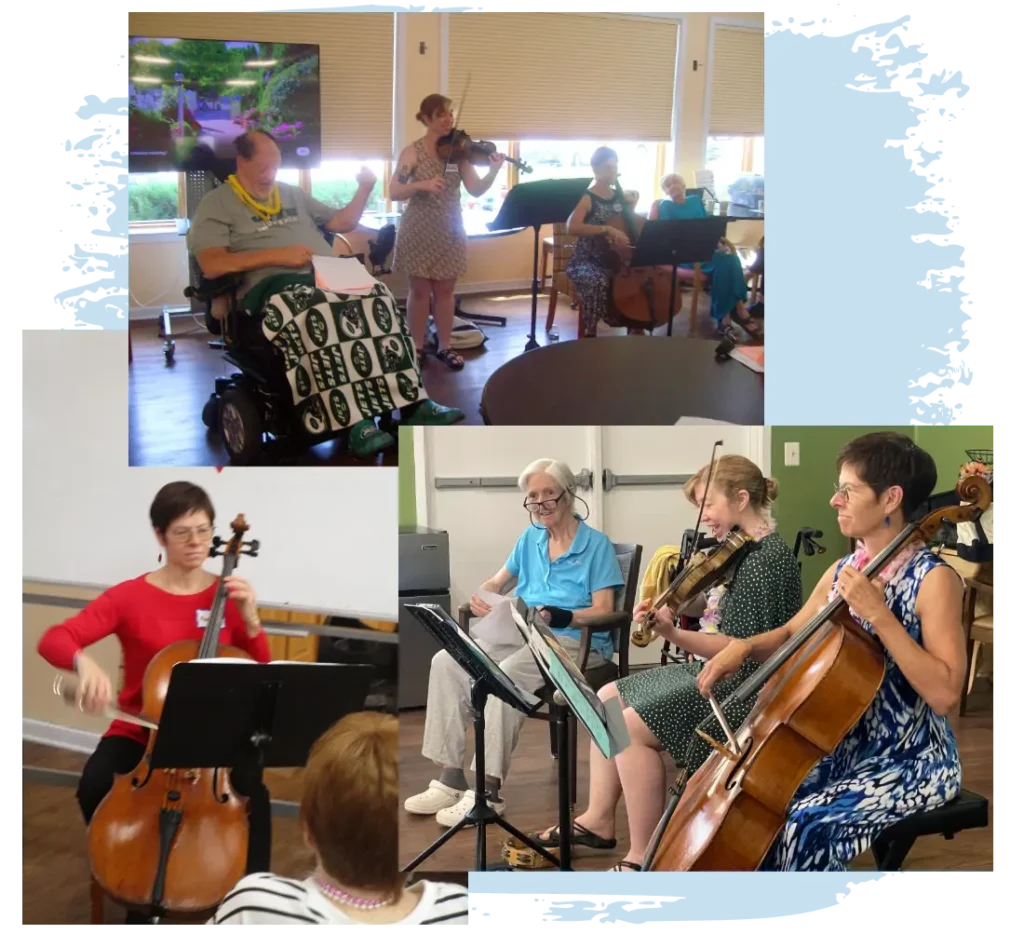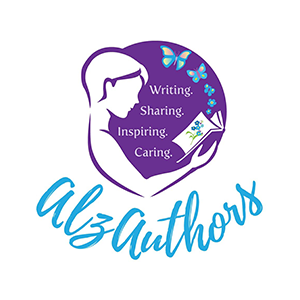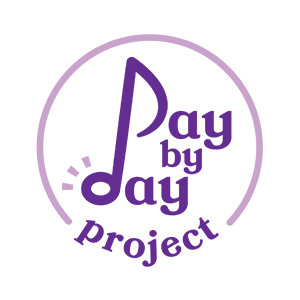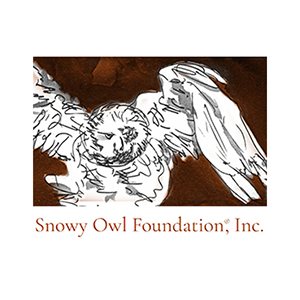Ira Asherman is the first one to admit that he was not raised to be a caregiver. But with his wife’s diagnosis of mild cognitive impairment, the role was thrust upon him, as it is for many caregivers.
“It forced me to dig deep and do things that I never thought I would ever really do,” he said. While caregiving comes with its myriad of less-than-desirable tasks, Ira says it also made him more empathetic, caring, and understanding.
It is with this universal experience in mind that Ira, founder, along with wife, Sandy, of the Alzheimer’s & Dementia Resource Center in New York City, got involved in the Alzheimer’s community and enrolled in several support groups, began publishing his own newsletter and writing about his experiences in a search for connection among others that share his lived experience as a caregiver for someone with neurocognitive disabilities.
Ira is in the minority, as a male caregiver (nearly ⅔ of caregivers are female, according to the Alzheimer’s Association’s 2023 Facts and Figures report, and only 10% of caregivers provide care to a spouse). But he did indeed find a companion to share in his day-to-day trials and tribulations: another male caregiver whose wife also had a diagnosis of dementia.
“He and I got together on 3 or 4 occasions. I found that to be so helpful,” Ira said. “One day we went to the Whitney Museum, sat down among the chairs outside and before we knew it, it was lunch time.”
Finding connection as a caregiver is crucial to the mental and physical wellness of this, often secluded, vocation. Dementia caregivers experience higher rates of anxiety and depression and a greater decline in their social networks, and are at greater risk of social isolation compared with other caregivers, according to the Alzheimer’s Association.
As a result, this can be a challenging and daunting task for already over-tasked caregivers. Here are some other ways that Dementia Spring caregivers are fostering connection in their own communities.
It was nice to see them feeling seen as they start off their journey as caregivers.
Gina Ablett
Creative connection
For Gina Ablett and her Nana, Betty, who is living with neurocognitive disabilities, connection is found in their collaborative art project, Messy Minds Can Create. Followers on Instagram and community members are treated to pieces crafted by Gina and Betty.
“My Instagram page, the crafty carer, has honestly saved my mental health; it’s given me knowledge and community and allowed me to reach more caregivers and support more people,” Gina says. “I have also found that the more comfortable and open I have been about my caregiver life, the more people share their stories and reach out, in the local pub, or via family friends.. and that’s a great feeling. I know how isolated I felt at the beginning of caregiving, I don’t want that for others.”
The duo took the artworks they had created and hosted a fundraiser benefiting Dementia UK. The fundraiser, a summer garden party, included donated food and drink, community members, friends and family, and fellow caregivers.
“We had reached out to some new caregivers who came. I shared our story and gave some advice and shared some paperwork and contact details for a local support group,” Gina said. “It was nice to see them feeling seen as they start off their journey as caregivers.”
I didn’t realize how many people were dealing with it, beyond me. We all have this in common.
Arlieta Hall
Bridging the gap with laughter
2022 Dementia Arts Impact Award recipient Arlieta Hall fosters connection amid her community with comedy, specifically sharing her caregiving experiences as a stand-up comic. (Finding Your Laughter is Arlieta’s personal documentary film showcasing how improvisation can be used in dementia care via Arlieta’s experience caring for her father, Milton.)
“For me, I really had to start telling people that I was a caregiver for someone who has Alzheimer’s,” Arlieta says, describing the make-shift support group that amasses following a comedy show, as audience members respond in kind by sharing their own experiences with her. “I didn’t realize how many people were dealing with it, beyond me. We all have this in common.”
After Arlieta’s first time chasing Milton through the southside of Chicago after he wandered off, she took to sharing the story and found the audience moved to find the humor in the situation.
“Telling my story on stage and being able to get the validation from the audience of laughter and community when I was done was an extreme help with my anxiety and depression,” she said. “The stories that were hurting me the most about my dad, I tell them to people and the audience gives me a safe space.”
By finding positivity and laughter out of what can be a heavy, pessimistic experience, Arlieta finds connection with the audience—and potentially among audience members.
Currently in post production, the anticipated documentary release will showcase the skills Arlieta gained as an improvisation comedian and how she uses them to join Milton in his own world. Arlieta is hoping that her film can be used as an educational tool in the future.
In what ways are you able to find connection among caregivers? We’d love to hear from you, leave a comment.

